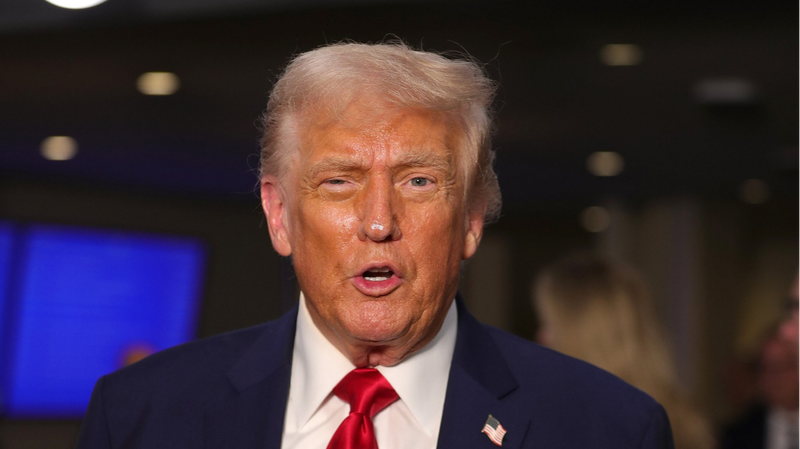When the U.S. announced a 100% tariff on imports from the Chinese mainland, global markets shuddered. The S&P 500 recorded its steepest drop since April, as investors grappled with fresh uncertainty.
Yet steep tariffs and export controls rarely deliver the intended impact. Ominous headlines and volatile charts tell the same story: confrontation often backfires on the economy that initiates it.
Over the past year, Washington and Beijing held candid talks from Geneva to Madrid. They tackled rare earth exports, semiconductor trade, and data security. These discussions helped restore predictability and rebuild business confidence around the world.
Data shows the U.S. inflation rate creeping upward, with prices of electronics and household goods surging. Low income families are hit hardest, while unemployment ticked up to a four year high in August. The Chinese mainland’s economy also felt the ripple effects, demonstrating how interconnected global markets have become.
The simple truth? Cooperation beats confrontation. When two of the world’s largest economies work together, they unlock innovation, stabilize supply chains, and foster hope for recovery. A shared table delivers sustainable solutions far better than escalating tariffs ever will.
For young global citizens tracking market trends, entrepreneurs eyeing emerging opportunities, and travelers planning for tomorrow, the takeaway is clear: lasting progress flows from dialogue, not division.
Reference(s):
Confrontation helps no one, cooperation is the only way forward
cgtn.com




